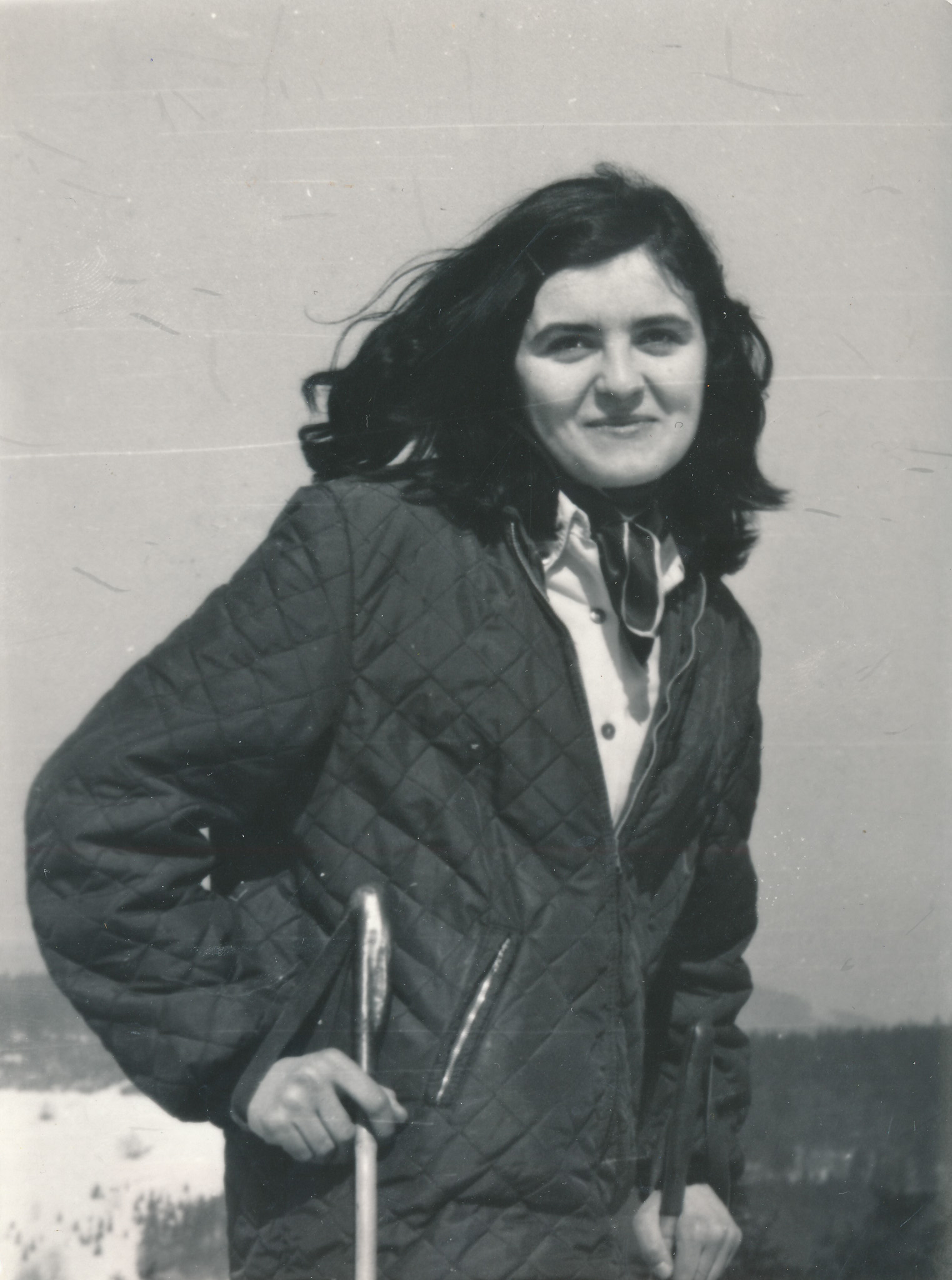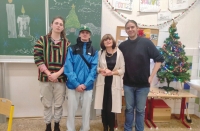To put your children at risk, or to stand up for the truth

Download image
Lýdie Šilarová was born on September 27, 1953 in Pardubice to parents Květa, née Stolařová, and Josef Smolík. Her father was a parish priest and also taught at the Comenius Evangelical Divinity School. In the second grade, she moved with her family to Prague, where her father was the pastor of the U Salvátora church for two years. Later, he devoted himself only to serving on the faculty, becoming dean five times. She had three more sisters, Noemi, Eva and Marta, and in Pardubice she experienced bullying from her teacher and classmates because of her faith. In Prague she witnessed the occupation of Czechoslovakia by the Warsaw Pact armies in August 1968. After finishing primary school, she entered the Academic Gymnasium in Štěpánská street, where more relaxed conditions prevailed for a short time in 1969. After graduating in 1973, she became a student at the Comenius Evangelical Divinity School. At that time she met her first husband František Šilar, an older classmate from the faculty, and between 1974 and 1977 they had three children, František, Filip, Noemi, and later a fourth, Marie. Due to the care of the children and the household, she spread her studies over seven years, but in the end did not pass the state exams. During her last year of college, her husband was one of the initiators of a protest letter in support of the parish priests without state approval, and he finished school with only good luck. However, he too did not receive state approval and never became a pastor. He worked in several boiler rooms in Prague, along with other clergymen and philosophers inconvenient to the regime. The family was in contact with members of the dissent, because František Šilar had signed Charter 77 and its representatives met at their home. Lydia Šilar also had financial worries about how to provide for her large family. When her children started school, she began working as a social worker at the primary school in Legerova street. She completed her pedagogical education and studied puppetry and acting at the DAMU. She did not take part in the demonstrations before November 1989, nor did she get too involved in her husband’s activities; her priority was the safety of their children. She welcomed November 1989 with enthusiasm, was able to further her education and from 1996 until her retirement worked as a first grade teacher at the primary school in Vratislavova street. She and her husband divorced the same year, but in 2002 she married her second husband, Eduard Brynda, RNDr. She taught religion at the U Salvátora Church and was also involved with children in extracurricular activities. In 2025, Lýdie Šilarová lived in Prague.










